When Eric Gnock Fah dreamed up the idea for a new business, he did something rather unusual — he headed straight to LinkedIn.
He wasn’t rushing to update his job title to “entrepreneur.” No. He had something more important in mind. He was looking for someone to join him on the journey.
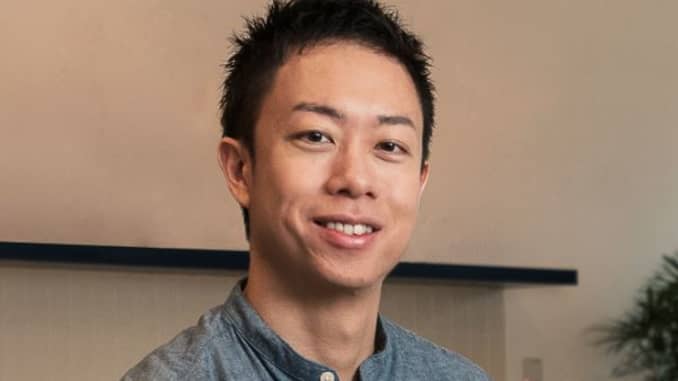
Eric Gnock Fah, co-founder and chief operations officer of travel platform Klook.Klook
Gnock Fah was then a 26-year-old Hong Kong-based investment analyst with big plans to shake-up the travel industry. He already had a co-founder in fellow financier and long-time friend Ethan Lin, but the pair had one major problem: They needed a tech brain to execute their vision.
“I didn’t know anything about tech back then from my finance background,” Gnock Fah told CNBC Make It.
Not one to let that stand in his way, Gnock Fah consulted a U.S. tech friend to find out the most useful coding language — which, in 2014, he was told, was PHP — and got stalking.
“I probably read through at least 500 profiles,” said the Klook co-founder, who used the language as an initial filter. He then honed in on the most built-out profiles, reasoning that they would be most likely to respond.
“It was determination, I would say. We knew we wanted to be (a) tech-plus-travel (business).”
Playing the dating game
Over the course of the next few months, Gnock Fah met with over 100 prospective partners across Asia Pacific to find someone he believed would be the right fit — both in skill set and personality.It’s dating. It is a dating game where I would say I’m glad it all worked out.Eric Gnock FahCO-FOUNDER AND CHIEF OPERATIONS OFFICER OF KLOOK
The stakes were high. Gnock Fah and Lin were determined that their tech guy should join as a co-founder, rather than an employee, to ensure he was fully invested in the business.
“We wanted someone that we didn’t need to worry about,” said Gnock Fah, noting that early stage start-ups typically require near-round-the-clock attention.
“Because we knew that we were not building a business plus tech, we were building a tech plus business, he needed to be really part of the core, core, core team.”
Taking a chance
In the end, the duo opted for Bernie Xiong, a software engineer who, at the time, was working for a Hong Kong-based business tech company. With experience in China, they believed he was the guy to kick-start their travel booking app.
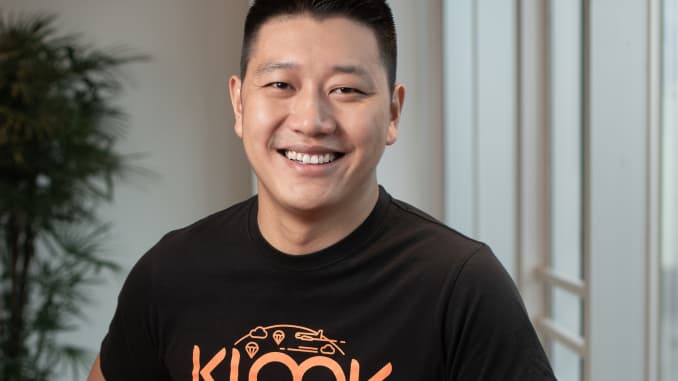
Bernie Xiong, co-founder and chief technology officer of Klook.Klook
For Xiong, however, it was rather an unexpected opportunity. He had, in fact, been thinking of starting a business for some time, but when the opportunity arose he was reluctant to dive straight in.
“I was actually a bit skeptical when I first received the LinkedIn message, as I had not received similar messages before,” Xiong told CNBC Make It. “It sounded very unusual for me to look for business partners via LinkedIn.”
So he requested to meet with Gnock Fah and Lin several times before he eventually bought into what he saw as the “huge” potential of their idea.
“Starting a business is a long-term commitment … (you) need to ensure that everyone in the team is working toward the same goals,” said Xiong.
The power of strangers
Ultimately, though, the gamble paid off. In four short years, the Klook trio have turned that seed of an idea into a billion-dollar business with a fast-expanding team of more than 800 employees across 16 countries.
Gnock Fah and Xiong agreed that is partly due to their early decision to step outside of their comfort zones and prioritize their ambitions.
“Instead of partnerships that are built on existing relationships, it’s more about what each of us brings to the table,” said Xiong, noting that that allows for more defined responsibilities and more frank conversations.
“I see that as a strong and dominant advantage when you’re building a business with strangers.”
“It’s dating,” added Gnock Fah. “It is a dating game where I would say I’m glad it all worked out.”
Advice from the experts
Of course, the strategy is not without its risks. Founder disputes are the top killer of early-stage start-ups, a 2012 Harvard study found, and working with strangers can add additional strain.
But, according to Craig Dixon, co-founder, entrepreneur in residence and program manager at Accelerating Asia, Klook’s unorthodox approach could actually be a winning strategy because it takes into account the two key founder criteria — skill set and personality — without becoming clouded by other issues.
“LinkedIn can be quite useful for finding skill set matches,” Dixon told CNBC Make It.Klook seems to have followed this process well, finding a good skillset fit through LinkedIn, then meeting in person to ensure personalities and motivations were aligned.Craig DixonPROGRAM MANAGER AT ACCELERATING ASIA
However, he added that LinkedIn should only be the first step. Both those looking for a co-founder, and those who find themselves approached, should make sure they thoroughly vet their prospective partner in person too.
“For personality and motivation you’ll need to meet them in person and ensure there is ‘chemistry.’ It really is a lot like dating and co-founding a start-up is a lot like marriage. Communication is paramount!” said Dixon.
“Klook seems to have followed this process well, finding a good skillset fit through LinkedIn, then meeting in person to ensure personalities and motivations were aligned before moving ahead.”
LinkedIn agreed.
“Beyond taking the first step to connect on LinkedIn, it’s great that they also had a period of ‘courtship’, making sure that they share the same commitment to and passion for a vision for the company, before tying the knot,” Roger Pua, LinkedIn’s senior director of brand marketing and communications in APAC and China, told CNBC Make It via email.
Pua added that those hoping to replicate Klook’s technique should keep their profile up-to-date so they attract the right opportunities.
“Whether you are looking for a business partner or to be approached by others on LinkedIn, a credible LinkedIn profile can be your best foot forward,” said Pua.
“It makes it easier for potential connections to find you, and then get an idea of who you are as a professional, the industry you are in and what you are interested in etc.”
This post was written by Karen Gilchrist here.

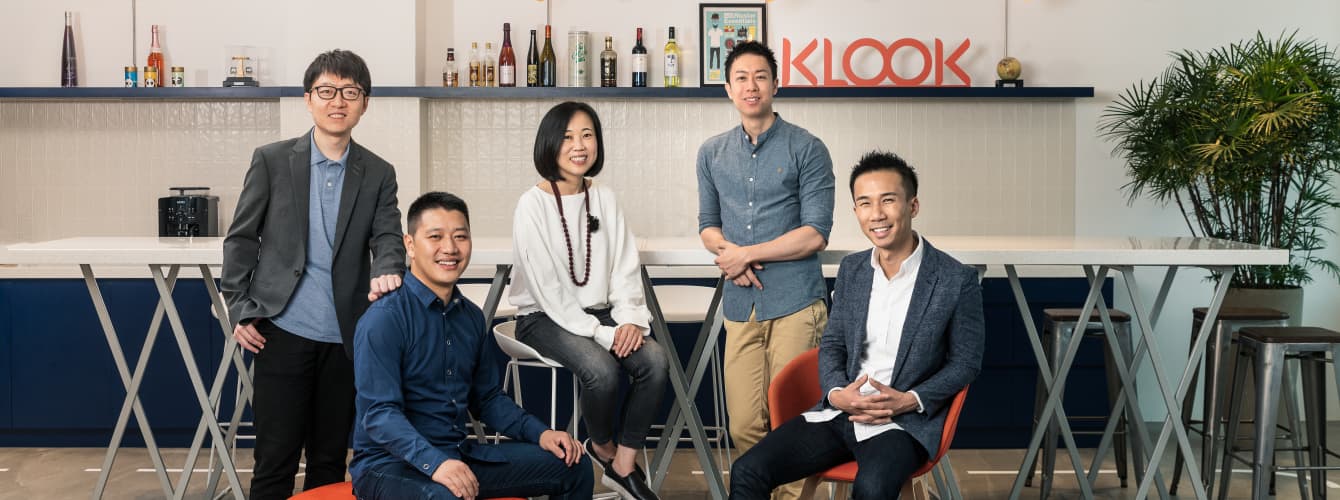


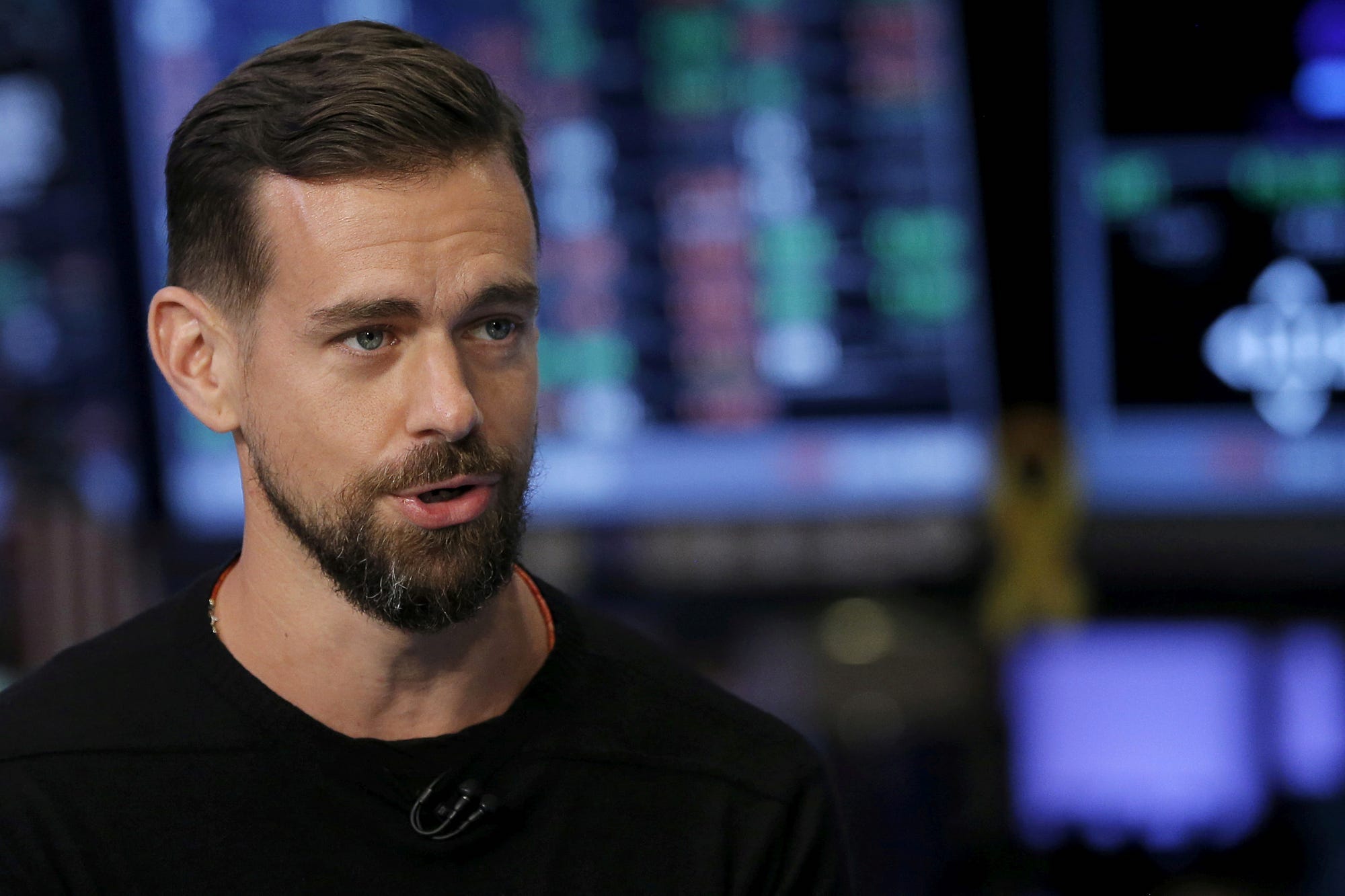

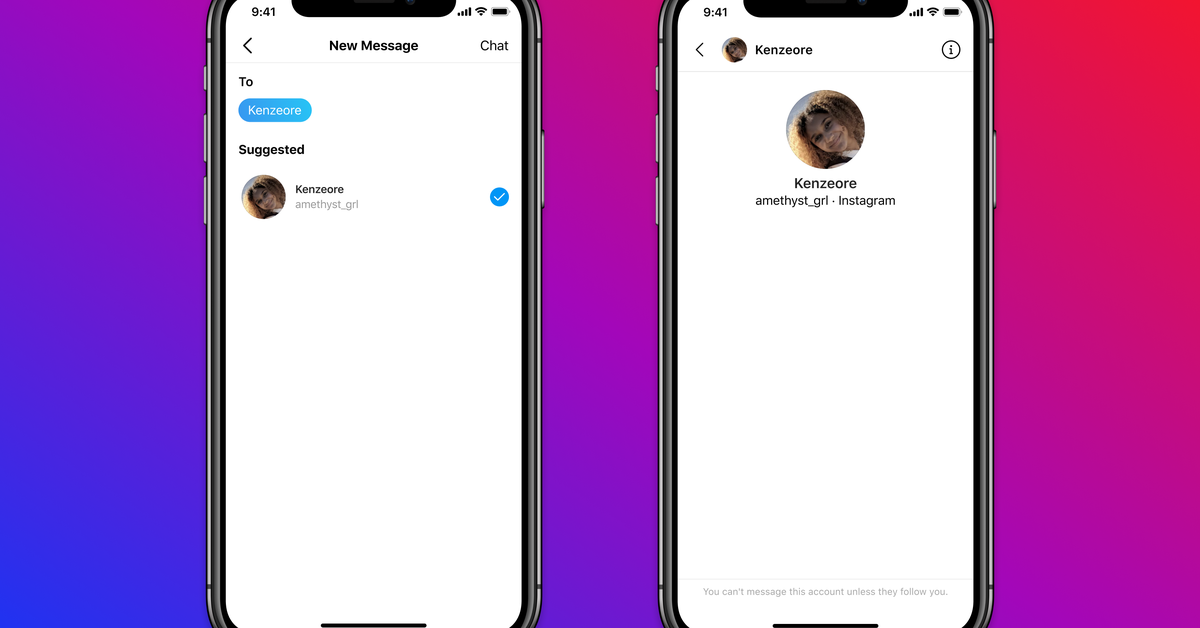
0 Comments